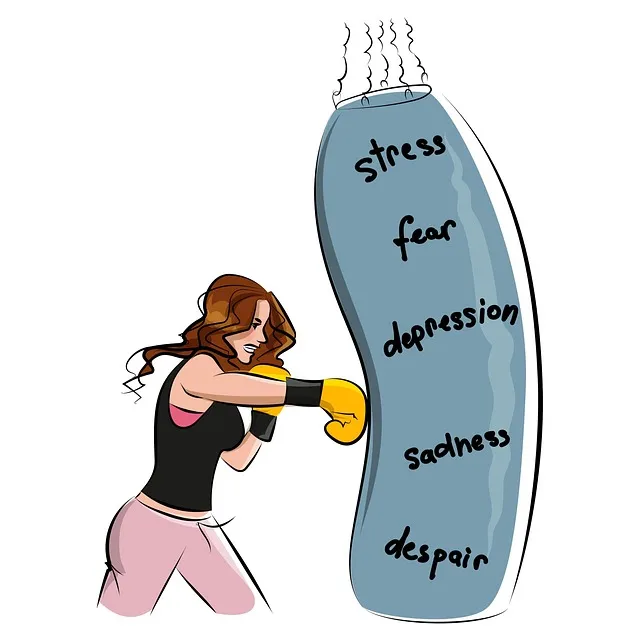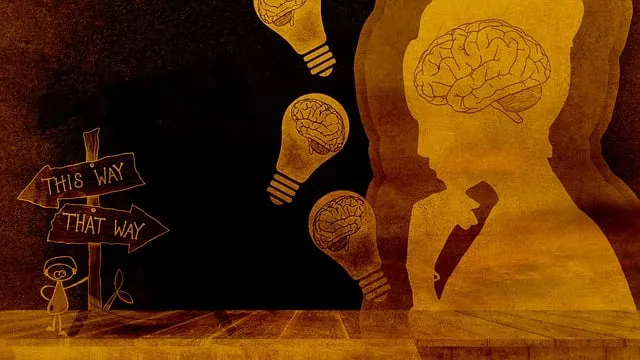The Centennial Kaiser Permanente behavioral health center excels in group facilitation, prioritizing a safe and supportive environment for mental wellness journeys. Facilitators skillfully navigate dynamic sessions with open dialogue, peer support, and tailored activities to build resilience and personal strengths. Effective communication strategies like active listening and non-judgmental attitudes ensure every participant feels heard. Clear boundaries and sharing preferences guide discussions on sensitive topics, reducing stigma and promoting self-care routines for improved mental health within a supportive community.
At the Centennial Kaiser Permanente Behavioral Health Center, group facilitation plays a pivotal role in enhancing mental wellness. This article explores effective techniques employed by facilitators to create safe, supportive environments that encourage active participation and community building. We delve into the unique challenges and strategies used at this leading healthcare institution, offering insights into how skilled facilitators foster meaningful connections and positive outcomes for group members. Discover proven methods to optimize group therapy sessions within the context of the Centennial Kaiser Permanente behavioral health center.
- Understanding the Role of a Group Facilitator at the Centennial Kaiser Permanente Behavioral Health Center
- Effective Communication Strategies for Fostering Safe and Supportive Group Environments
- Techniques to Encourage Active Participation and Build Community Within Groups
Understanding the Role of a Group Facilitator at the Centennial Kaiser Permanente Behavioral Health Center

At the Centennial Kaiser Permanente Behavioral Health Center, the role of a group facilitator goes beyond mere coordination. They serve as navigators and guides in the complex landscape of mental wellness, fostering an environment that encourages open dialogue, peer support, and shared learning. Through dynamic facilitation techniques, these professionals help individuals navigate challenging emotions, discover personal strengths, and acquire effective coping mechanisms such as stress reduction methods, confidence-boosting strategies, and emotional regulation tools.
Within this supportive setting, facilitators employ a range of skills to enhance group interactions, ensuring every member feels valued and empowered. They tailor activities to address specific needs, promote active participation, and create safe spaces for vulnerability. By fostering connections among peers with shared experiences, facilitators at Centennial Kaiser Permanente Behavioral Health Center enable participants to build resilience, cultivate hope, and develop lasting coping strategies that contribute to improved mental wellness.
Effective Communication Strategies for Fostering Safe and Supportive Group Environments

Creating a safe and supportive environment is paramount for successful group facilitation, as seen in practices at the Centennial Kaiser Permanente behavioral health center. Effective communication strategies are key to achieving this. Facilitators should encourage open dialogue by actively listening and creating a non-judgmental space where every member feels heard and valued. This involves employing reflective listening techniques, where facilitators paraphrase and summarize what individuals have said, fostering a sense of understanding and connection.
Additionally, setting clear boundaries and establishing ground rules early on helps to manage expectations and mitigate potential triggers. Facilitators should guide members in discussing their needs and preferences regarding sharing, ensuring everyone is comfortable with the level of openness within the group. By implementing these communication strategies, facilitators can help groups navigate sensitive topics, build trust, and ultimately support one another in overcoming challenges related to burnout prevention, self-care routine development for better mental health, and mental illness stigma reduction efforts.
Techniques to Encourage Active Participation and Build Community Within Groups

Creating an engaging and supportive environment is key to facilitating effective mental wellness groups at the Centennial Kaiser Permanente behavioral health center. Techniques like active listening and open-ended questions encourage participants to share their experiences, fostering a sense of belonging within the group. By creating safe spaces for vulnerability and honesty, facilitators can help members build trust and form meaningful connections.
Additionally, integrating interactive activities, such as exercises that promote empathy or collaborative problem-solving scenarios, can boost engagement. The Community Outreach Program Implementation at Kaiser Permanente emphasizes the importance of these bonds, aiming to reduce stigma and enhance overall mental health through peer support networks. Crisis Intervention Guidance and Mental Health Education Programs Design are also integral components, providing members with practical tools while fostering a sense of community that extends beyond group sessions.
Group facilitation plays a pivotal role in enhancing mental wellness at the Centennial Kaiser Permanente Behavioral Health Center. By employing effective communication strategies, facilitators create safe and supportive environments that encourage active participation and community building. These techniques not only foster meaningful connections among group members but also provide a robust foundation for individual healing and growth. Through understanding and implementing these practices, mental health professionals can significantly improve outcomes for those seeking support at the Centennial Kaiser Permanente Behavioral Health Center.






